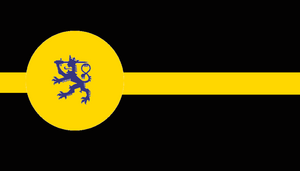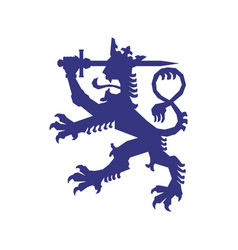Hebitaka
United Kingdom of Eastern Hebitaka ヘビタカ王国 Hebitaka ōkoku royaume de Hebitaka | |
|---|---|
| Motto: All hail the King, Long live the King | |
| Capital | Konoha |
| Largest | Kiri |
| Official languages | English |
| Recognised national languages | Japanese, French, Hindi |
| Recognised regional languages | Aoban |
| Ethnic groups (2021) | Japanese (37.3%) Indians (39.1%) French (23.4%) Others (0.2) |
| Demonym(s) | Hebitakish |
| Government | Constitutional Monarchy |
• King | Shikai Rohe |
• Prime Minister | Grucina Masato |
• Speaker of the House | Jamal Dev |
| Legislature | Parliament |
| Royal Council | |
| Representative Council | |
| United Kingdom 39 small states united by the Senjus as a nation | |
• Unification of Hebitaka | 920 CE |
• The Great Battle of Iwa and the division of Hebitaka, beginning of Civil War | 1047 CE |
• Hellfire event | 1215 CE |
• Civil War Ends, Hebitaka becoms one again | August 7th, 1293 |
• Hebitakish Revolution | September 7 1498 - June 1508 |
• Creation of Consritutional Monarchy | August 16, 1508 |
| Area | |
• Total | 715,805 km2 (276,374 sq mi) |
| Population | |
• 2018 estimate | 15,600,000 |
• January 2019 census | 108,557,494 |
| GDP (nominal) | 2017 estimate |
• Total | $226,000,000,000,000(apox.) |
• Per capita | $88,451 |
| Gini (2017) | 28.2 low |
| HDI (2019) | 0.849 very high |
| Currency | Hebitakish Nints |
| Time zone | UTC+6 (East Indian Time) |
| Date format | dd-mm-yyyy |
| Calling code | +95 |
| ISO 3166 code | HTK |
| Internet TLD | .htk |
The Kingdom of Hebitaka, (ヘビタカ王国 Hebitaka ōkoku) sometimes referred to as the Falcon Empire or simply, Hebitaka is an independent nation state located in India. Hebitaka is a small coastal nation. Conaidered as one of the military and economic mights of India, the Hebitaka has a history of it's own.
History
Prehistory
First settlements in Hebitaka date ages back. Most early settlements were Aryans which inhabited the place for long. The dates of settlements are debated and range from 400 BCE to 100 BCE. Most of these settlements were tribes that did not receive place close to the Ganges and had to travel east to settle close to the Brahmaputra By the 1st century AD, tribes from the south also started moving northward. The area of settlements increased and tribes started to define the land of their own.
Early History
The early settled tribes soon started to define land of their own. Big and powerful clans like the Hilars or the Chottos had bigger and more fertile land close to the rivers while smaller clans had to manage with less fertile lands farther from the river basins. In the 400s-450s, ethnically Asian tribes from the east started settling into Hebitaka. The tribes started to grow and most grew into big clans, each with their own so called 'territory'. By the end of the 6th century in Hebitaka a total of 39 major territory drew lines on the nation.

